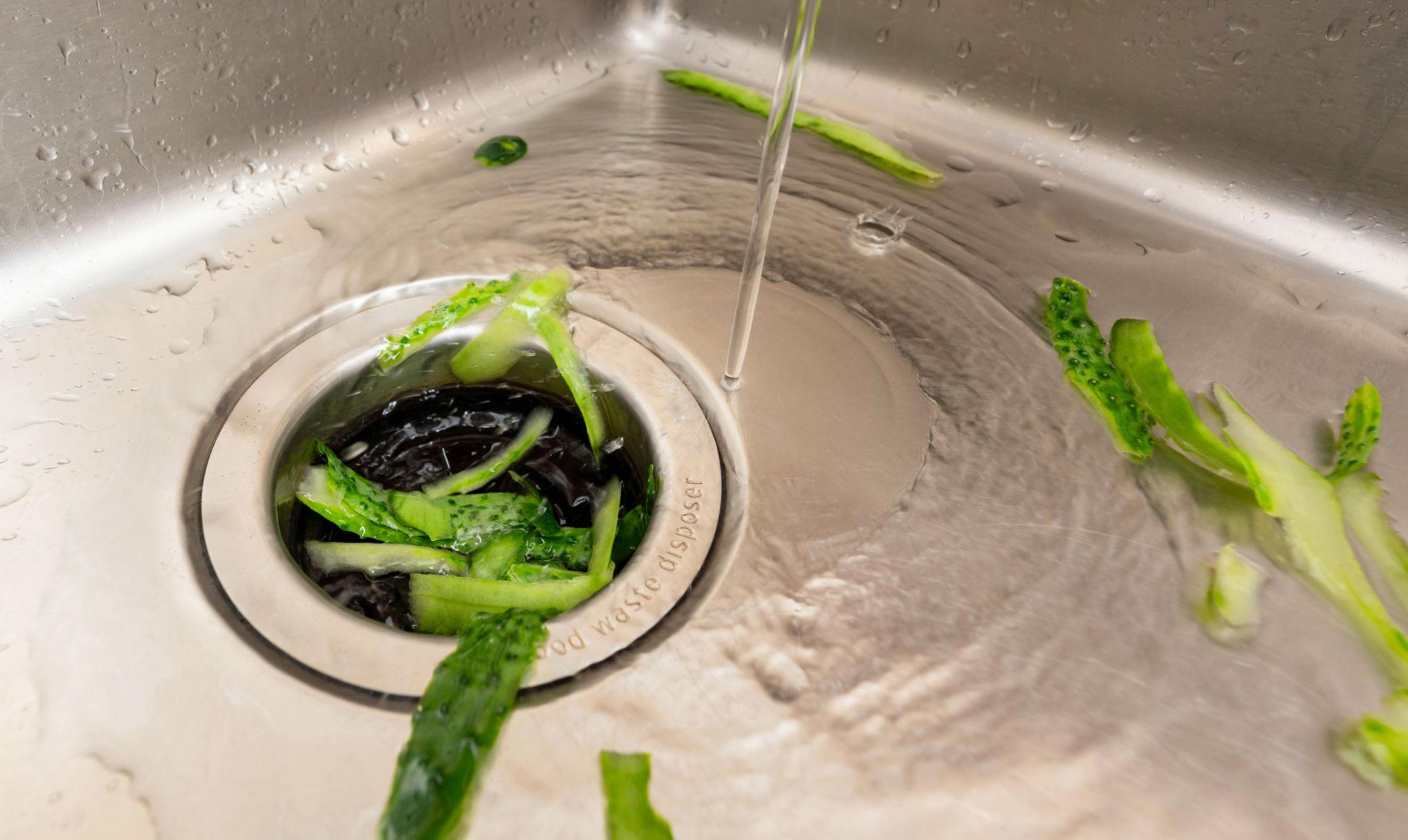Waste Hauling Tips: How to Decide What to Keep and What to Toss
The Art of Decluttering: Knowing What to Keep
Deciding what to keep and what to toss can be a daunting task, especially when you're faced with a mountain of items accumulated over the years. The key to effective decluttering is understanding which items hold true value and which ones are simply taking up space. Begin by evaluating the usefulness and sentimental value of each item. If it serves a purpose or brings you joy, it may be worth keeping.
One helpful strategy is the "one-year rule." If you haven't used an item in the past year, consider whether it's truly necessary in your life. This rule helps you focus on practicality and functionality, making it easier to let go of things that no longer serve you.

Sentimental Items: A Delicate Balance
Sentimental items often pose the biggest challenge in the decluttering process. These are objects that hold emotional significance, such as family heirlooms, childhood memorabilia, or gifts from loved ones. It's important to strike a balance between preserving memories and avoiding clutter. Consider setting limits for the number of sentimental items you keep, focusing on those that truly resonate with you.
For items that are difficult to part with, consider taking photographs as a way to preserve the memory without physically holding onto every item. This approach allows you to maintain a connection to the past while freeing up physical space.
Practical Tips for Deciding What to Toss
Once you've identified what you want to keep, it's time to tackle the items you're considering letting go of. Start by categorizing them into groups such as donate, sell, recycle, or trash. This approach streamlines the process and ensures that you're disposing of items responsibly.

Donating and Selling: Giving Items New Life
Many items that you no longer need may still be useful to others. Consider donating gently used clothing, furniture, and household goods to local charities or shelters. This not only helps those in need but also gives your belongings a new purpose.
If you have valuable items that you're willing to part with, selling them online or at a garage sale can be a great way to make some extra money. Platforms like eBay, Craigslist, and Facebook Marketplace are excellent venues for selling unwanted items.
Responsible Disposal: Recycling and Trash
For items that can't be donated or sold, recycling is an eco-friendly option. Check with your local waste management services for guidelines on recycling electronics, paper, plastic, and other materials. Proper recycling helps reduce landfill waste and conserves natural resources.

As a last resort, dispose of items that cannot be recycled or reused responsibly. Ensure that hazardous materials, such as batteries and chemicals, are disposed of according to local regulations to minimize environmental impact.
Maintaining a Clutter-Free Space
After successfully decluttering, it's essential to maintain your newly organized space. Develop habits that prevent clutter from building up again. Regularly assess your belongings and practice mindful consumption by only acquiring items that add value to your life.
By implementing these waste hauling tips, you can enjoy a more organized and stress-free environment while contributing positively to your community and the planet.